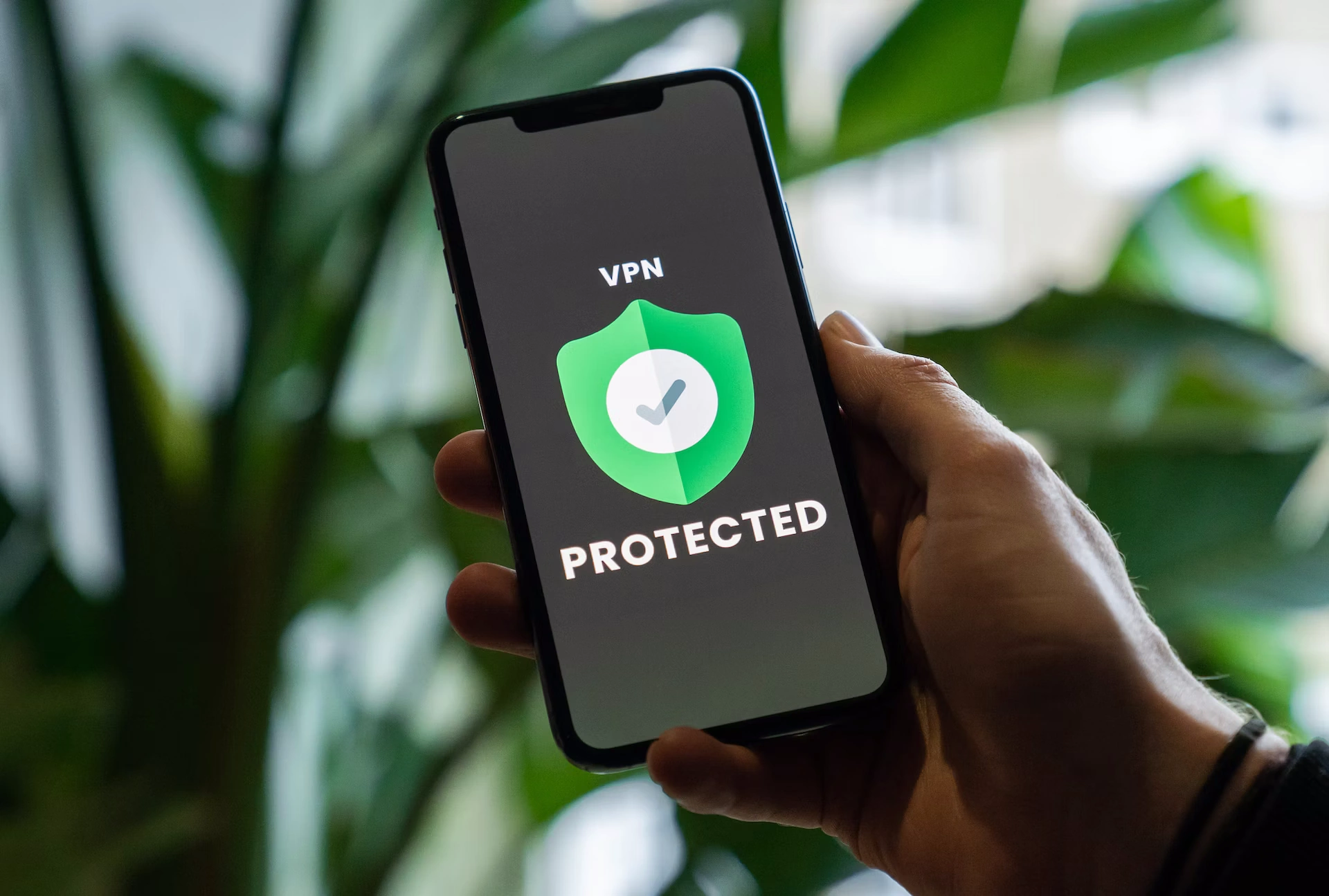Your cart is currently empty!
-

Tor Versus VPNs
Which should you be using? Well it depends.
If you frequent YouTube you’ve probably heard of VPNs through one of your favorite creators. These VPN companies seem to have targeted YouTube viewers hard. It makes sense, paying a content creator directly can be less expensive than signing up to serve traditional ads and it can even reach more people because of how many users YouTube has. Additionally they can target more specific audiences because they can be sure if they sponsor a video, everyone who watches the video will see their ad. Ads baked into the video also can’t be blocked by normal ad blockers.So are VPNs as good as your favorite creator says they are? The short answer is probably not. I’ve been seeing these type of ads for years now and I only ever remember seeing a single YouTuber (whom I can’t recall) mention the drawbacks of using a VPN in the ad. Don’t worry, this probably isn’t malicious intent on the part of the creator. This is more likely due to the intense marketing of the VPN companies. They can spend a ton on marketing because operating costs actually aren’t that high. Unless the YouTuber is an IT expert who knows how exactly VPNs work I wouldn’t expect them to know better. The truth is with a VPN your traffic is encrypted on your device, sent to your VPN provider’s servers through your ISP, then decrypted as it exits to the VPN provider’s ISP. As you can see, your VPN provider has access to your data and if it wanted to log and sell your data, or hand it over to their respective government, they could. In conclusion when using a VPN you are simply transferring the trust of your data from your ISP to a VPN provider. This can be helpful if you don’t trust your ISP, or if they have a content block you want to get around, but it doesn’t necessarily make you more private.
Tor on the other hand is much more private. With Tor your data is encrypted on your device and sent out through your ISP to random node computers around the world which add their own layers of encryption on top of the original encryption. After going through two nodes your excessively encrypted data is then decrypted on what is called an exit node and sent out to their ISP. In this instance the exit node knows only the node that came before it and it has no idea who originally sent the data. Tor is also free and open source. As you can see this is much more private than using a VPN but it doesn’t come without it’s pitfalls as well. For starters because Tor has so many computers and layers of encryption it has to go through first, and because those running nodes are volunteers, Tor is much much slower than paid VPN services. Additionally with Tor, since anyone can make a node there have been instances of malicious exit nodes manipulating data to try and steal cryptocurrency or deanonymize users. The nodes doing this often get blacklisted from the network. Lastly Tor has a bad connotation since it is infamous for allowing criminals to sell their services online even though tons of law abiding citizens use it every day.
So which should I use? Well in my opinion VPNs should only be used when you want a fast connection and don’t trust your ISP, or you want to get around a content block, so long as you remember you are just transferring trust to the VPN company. Using a VPN to send cryptocurrency might also be a better option than using Tor as if the VPN company got caught trying to steal your crypto that could be a PR nightmare for them. Meanwhile Tor could be used to achieve maximum privacy for other sensitive online tasks, just remember that if you enter any personal information in while using it your exit node could be watching.
It’s worth it to mention there are new VPNs called decentralized VPNs that work in a similar fashion to Tor but they are much faster due to the fact that they reward volunteers that run nodes with cryptocurrency. These haven’t been around long but if they pan out they could end up overshadowing Tor.

